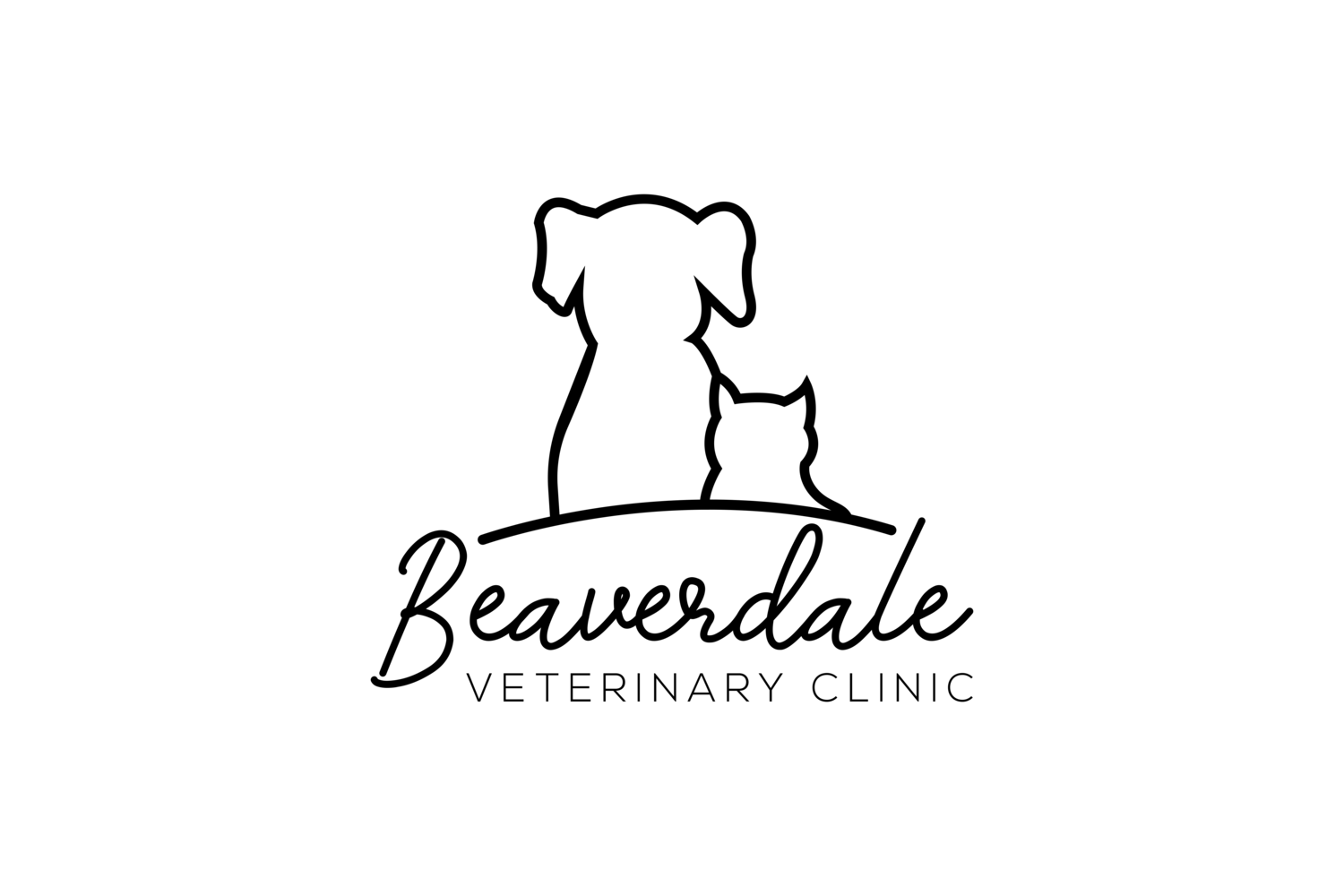General FAQs
Here are some questions, with answers, that we are frequently asked. Please do not hesitate to contact us at 519-658-4981 or beaverdalevet@gmail.com should you have any additional questions.
What are the hospital hours?
Our hospital is open 8 AM to 6 PM. Monday to Friday.
Do I need to have an appointment?
As noted within our policy section, yes. Should you feel that your pet is experiencing an emergency, please contact us immediately.
What forms of payment do you accept?
We accept: cash, cheque, debit, MasterCard and Visa. Please note that during the Covid-19 pandemic we will ask that all payments be made over the phone to ensure limited exposure.
When are payments due?
Payment is required at the time of service unless prior arrangements are made with the treating veterinarian.
At what age should I have my pet spayed or neutered?
You should consider spaying or neutering your pet at approximately 5-6 months of age. However, depending on the breed of the animal, or any additional medical diagnoses, the veterinarian may suggest you wait until the animal is older.
I think my pet is sick. Can you tell me over the phone what is wrong and what I can do about it?
No, making a diagnosis over the phone is not only dangerous, it is also illegal. In order to plan the appropriate treatment for your pet, it is necessary to make the correct diagnosis. This requires a physical exam and, in some cases, further testing. There are times, infrequently, when the veterinarian may be able to offer assistance upon receipt of a picture or video of your pet, if there is an existing diagnosis and/or history between the doctor, the client and the animal.
Do you sometimes refer pets to other veterinary professionals ?
At Beaverdale Veterinary Clinic we aim to provide the best veterinary care available for your pet. However, it will sometimes be necessary to refer your pet to a veterinary specialist or surgical centre. We do this always after a full consultation with you, the pet’s owner.
Surgical FAQs
At what age can I have my pet spayed or neutered?
You should consider spaying or neutering your pet at approximately 5-6 months of age. However, depending on the breed of the animal, or any additional medical diagnoses, the veterinarian may suggest you wait until the animal is older.
What is the benefit of having my pet spayed or neutered?
There are plenty of advantages of having your pet spayed or neutered: decreased incidence of breast tumours, decreased chance of cystic ovaries or uterine infections, less chance of an un-neutered male roaming, and decreased incidence of prostrate cancer. Spaying and neutering will also help reduce spraying and marking.
Is the anesthetic safe?
Today’s modern anesthetic monitors have made surgery much safer than in the past. Here at Beaverdale Veterinary Clinic we do a thorough physical exam on your pet before administering anesthetics, to ensure that a fever or other illness will not create a problem. We also adjust the amount and type of anesthetic used depending on the health of your pet.
What is the pre-anesthetic blood testing?
Pre-anesthetic blood testing is important in reducing the risk of anesthesia and potential surgical complications. Done in-house at the clinic prior to surgery it tests organ function, blood counts and the clotting ability of your best. An apparently healthy animal can have serious organ symptoms problems that cannot be detected without blood testing. If there is a problem, it is much better to find it before it causes anesthetic or surgical complications.
What is my pet allowed to eat the morning of surgery and the night before?
It is important that surgery be done on an empty stomach to reduce the risk of vomiting during and after anesthesia. You will need to withhold food from 9:00p.m. the night before surgery and remove their access to water the morning of the surgery.
Does my pet stay in the hospital over night after the surgery?
No, your pet will be discharged into your care, with instructions by the end of the surgical day. You will drop your pet off in the morning, surgery will be completed before noon, the veterinarian will contact you and your will pick up your pet before the clinic closes.
Will my pet have stitches?
We use absorbable stitches underneath the skin for many of the surgeries. These will dissolve on their own and do not need to be removed later. Some surgeries do require skin stitches. With either type of suture you will need to check the incision daily for swelling or any discharge. Skin sutures will usually be removed 10-14 days after surgery.
Is my dog/cat allowed normal walks and exercise after surgery?
No, you will need to limit your pet’s activity level for a time after surgery.
Is my dog/cat allowed to have a bath after surgery?
Your pet should not be bathed for the first 7-10 days after surgery.
Will my pet be in pain?
Yes, it is likely that your animal will be experiencing some pain or discomfort. Pain medication is given before starting any surgical procedure. The level of pain medication needed will depend on the surgery performed. All animals will be released back into the care of their owners with appropriate pain medication after surgery.
